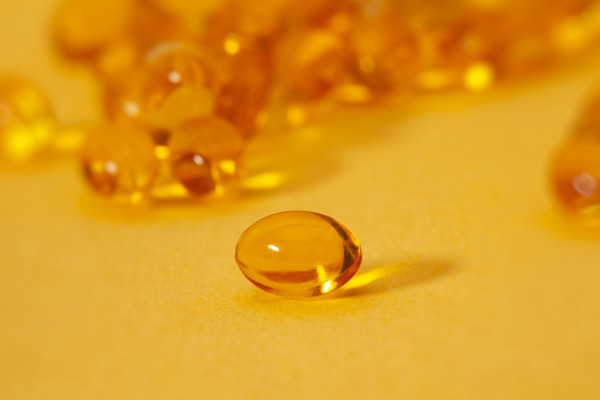Vitamin D as a COVID-19 Breakthrough and How It Can Alleviate the Impact on BAME People

Public health officials recently announced they are currently studying Vitamin D's probable capability of reducing the danger of COVID-19.
The initiative takes place amid the growing apprehension over the inconsistent number of black, Asian, and minority ethnic, or BAME, people who die from the virus. Such figures include 94 percent of all health workers, specifically doctors, who were killed by the virus.
Recent Evidence on Vitamin D Considered
It was last month when the Scientific Advisory Committee on Nutrition, or SACN, started this review, and now, it said it is "considering recent evidence on Vitamin D in general." The committee is also considering new pieces of evidence on acute respiratory tract infection in the general public.
Such evidence, according to SACN, will be measured on particular groups of the population, which include those with varying ages and the BAME community.
In similar research, the National Institute for Health and Care Excellence is currently doing a quick review of the evidence of "Vitamin D in the COVID-19 context." Public Health England is backing the study.
According to The Guardian, these reviews are slated for publishing in the next couple of weeks. The news outlet also said that this review might be utilized with other available resources, such as specific patient conditions, to contribute information to certain decisions in health care.
ALSO READ: COVID-19 Test Kits Could Be Reporting False Negatives, Experts Say
How Vitamin D Can Help Alleviate the Risk of COVID-19
Public Health Scotland and the National Health Service boards are currently reviewing developing evidence to see if the so-called "sunshine nutrient" needs to be prescribed by health care facilities to high-risk groups in hopes of deterring a second wave of COVID-19.
Queen Mary University of London respiratory infection and immunity professor, Adrian Martineau, welcomed the studies. Based on the reviews, Martineau said, "Fatalities among BAME NHS staff" stirred the question of deficiency in Vitamin D to the fore.
The professor also explained, Vitamin D could nearly be regarded as "a designer drug" for contributing to the body for the management of "viral respiratory infections."
He also said Vitamin D enhances the cells' capability of combating and killing infections and, at the same time, reduces dangerous inflammation. This is especially beneficial considering the significant problems associated with COVID-19.
DON'T MISS THIS: Researchers Eye Plasma Therapy to Treat COVID-19 | How Does the Patient's Age Affect This?
Impact on the BAME Community
It is believed that those with dark skin and genetic roots to countries with frequently hot weather, such as the African-Caribbean, Africa, or South Asia, may have to spend more time in the sun "to produce a similar amount of Vitamin D" compared to those who have lighter skin.
Meanwhile, those in medical homes which are less likely to spend time outdoors, and those in the Northern areas that receive less sunlight, are said to be at a higher risk of deprivation of Vitamin D.
In relation to this, medical homes have been hardest hit by this public health crisis, and North West England has reportedly been a hotspot for the pandemic.
To date, with GPs and health bodies already with a recommendation to patients to begin taking it, Covidence, a review platform, is further studying the link between Vitamin D, COVID-19, and their respective effects on people, specifically those in the United Kingdom.
IN CASE YOU MISSED IT: Yoga and Nitric Oxide: Here's How Proper Breathing Can Help Fight Coronavirus
Jun 22, 2020 07:40 AM EDT





